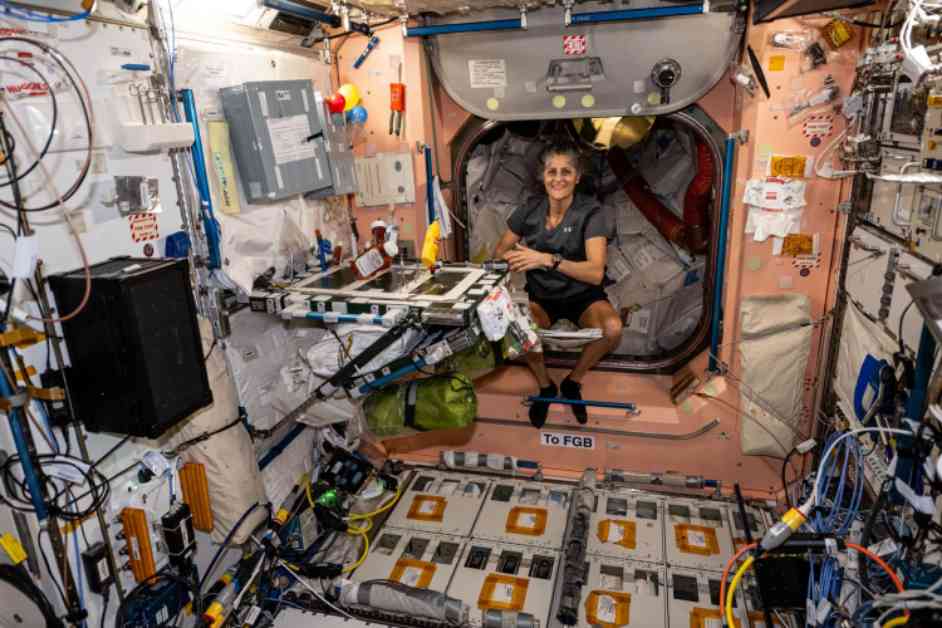In a recent discussion in CUriosity, experts from the CU Boulder campus tackled the question of whether humans can handle the stress of traveling to Mars. Katya Arquilla, an assistant professor in the Ann and H.J. Smead Department of Aerospace Engineering Sciences, shed light on the challenges that astronauts face during long-duration space missions.
The recent experience of NASA astronauts Butch Wilmore and Suni Williams aboard the International Space Station (ISS) highlighted the potential mental health effects of extended stays in space. Technical issues with the Boeing Starliner space capsule led to an unexpected extension of their mission, emphasizing the importance of understanding how space travel impacts human well-being.
Arquilla emphasized that on long space journeys, various stressors can contribute to negative mental health outcomes, including symptoms of depression, anxiety, and stress. Drawing from research conducted in extreme environments on Earth, such as Antarctica, she pointed out the psychological challenges that astronauts may face on a future mission to Mars, which could span up to three years.
While Arquilla believes that humans can endure extended periods in space, she acknowledged the significant challenges that come with such a mission. Unlike the ISS, astronauts traveling to Mars won’t have the comforting view of Earth from above, adding another layer of isolation and potential psychological strain.
To address these concerns, Arquilla and her team have explored innovative ways to monitor and manage mental health during high-stress situations. By integrating sensors into wearable textiles that track heart signals, individuals, including astronauts, can be more attuned to their own stress levels and take appropriate measures to address them.
Beyond space travel, the research conducted by Arquilla has broader implications for mental health monitoring in various high-stress environments on Earth, such as wilderness expeditions, research facilities, and military deployments. By leveraging technology to detect and manage symptoms of mental health changes, individuals in these settings can receive the support they need to cope with challenging circumstances.
Arquilla’s work underscores the growing recognition of the importance of mental health, both in space exploration and in everyday life. As society becomes more attuned to the significance of mental well-being, initiatives that promote self-awareness and provide tools for managing stress are increasingly crucial. By fostering open conversations about mental health and equipping individuals with the resources to navigate challenging situations, we can better support overall well-being, whether on Earth or in the vast expanse of space.











